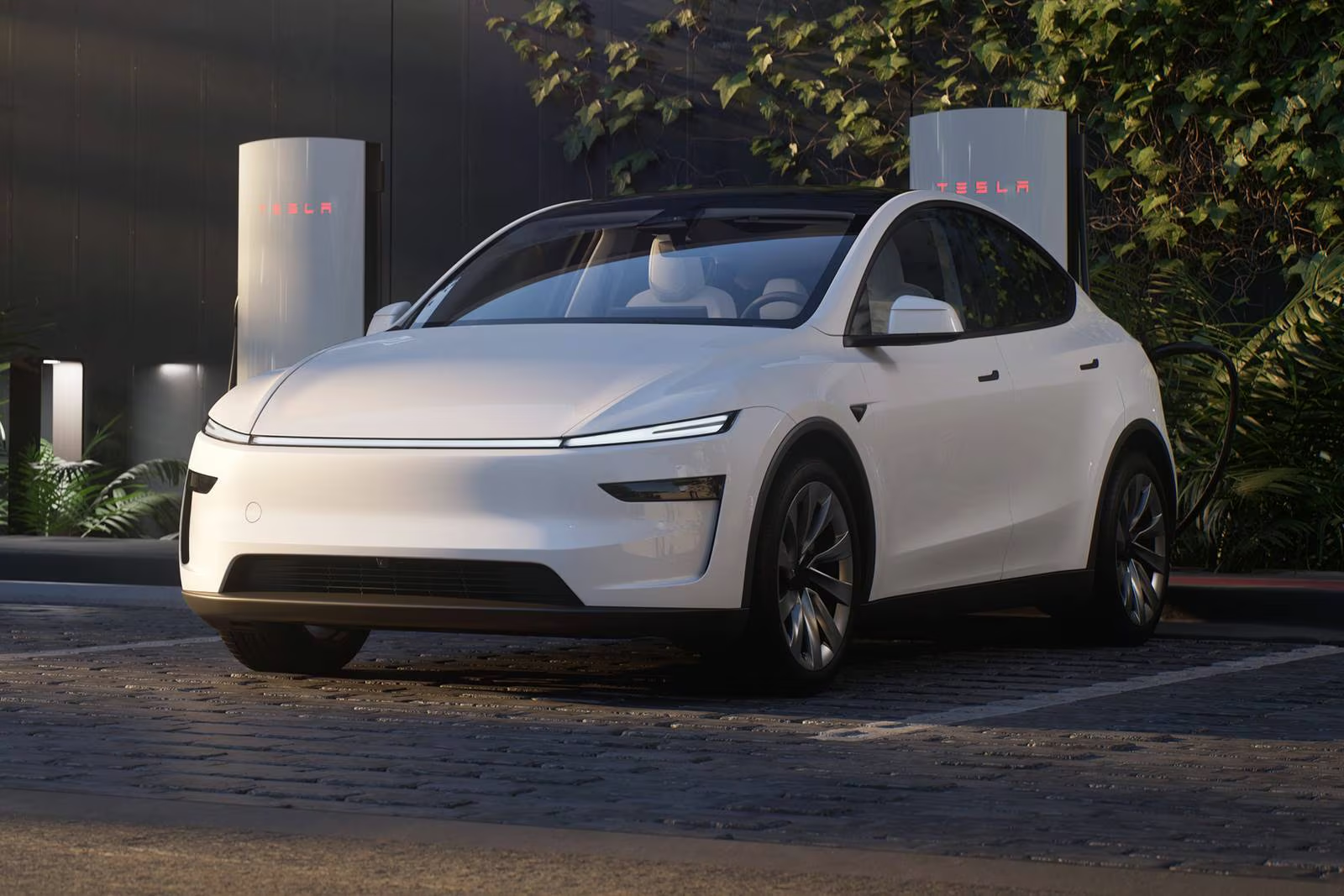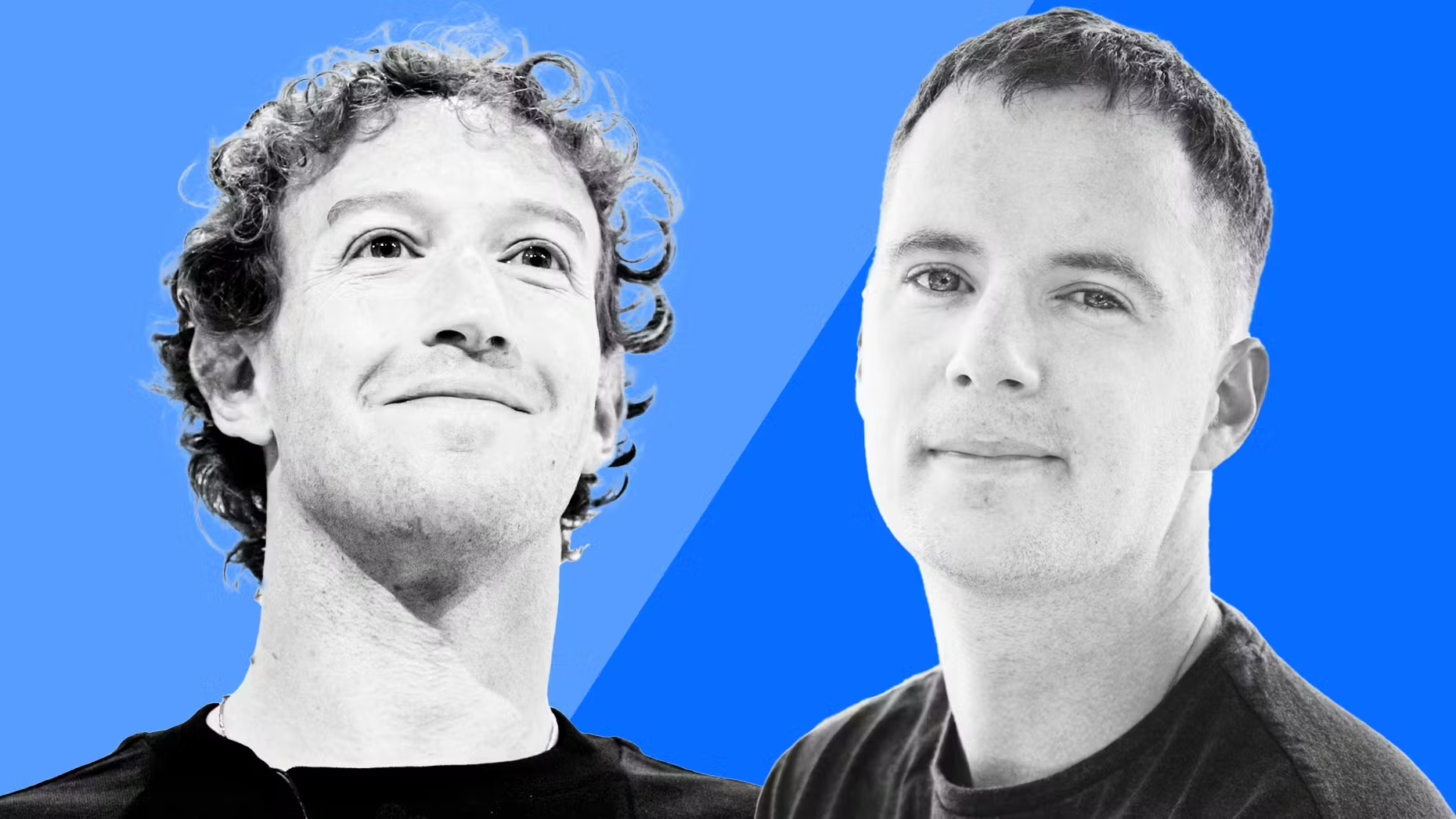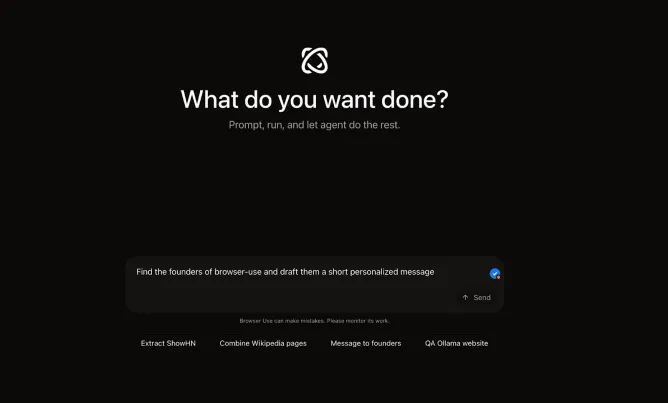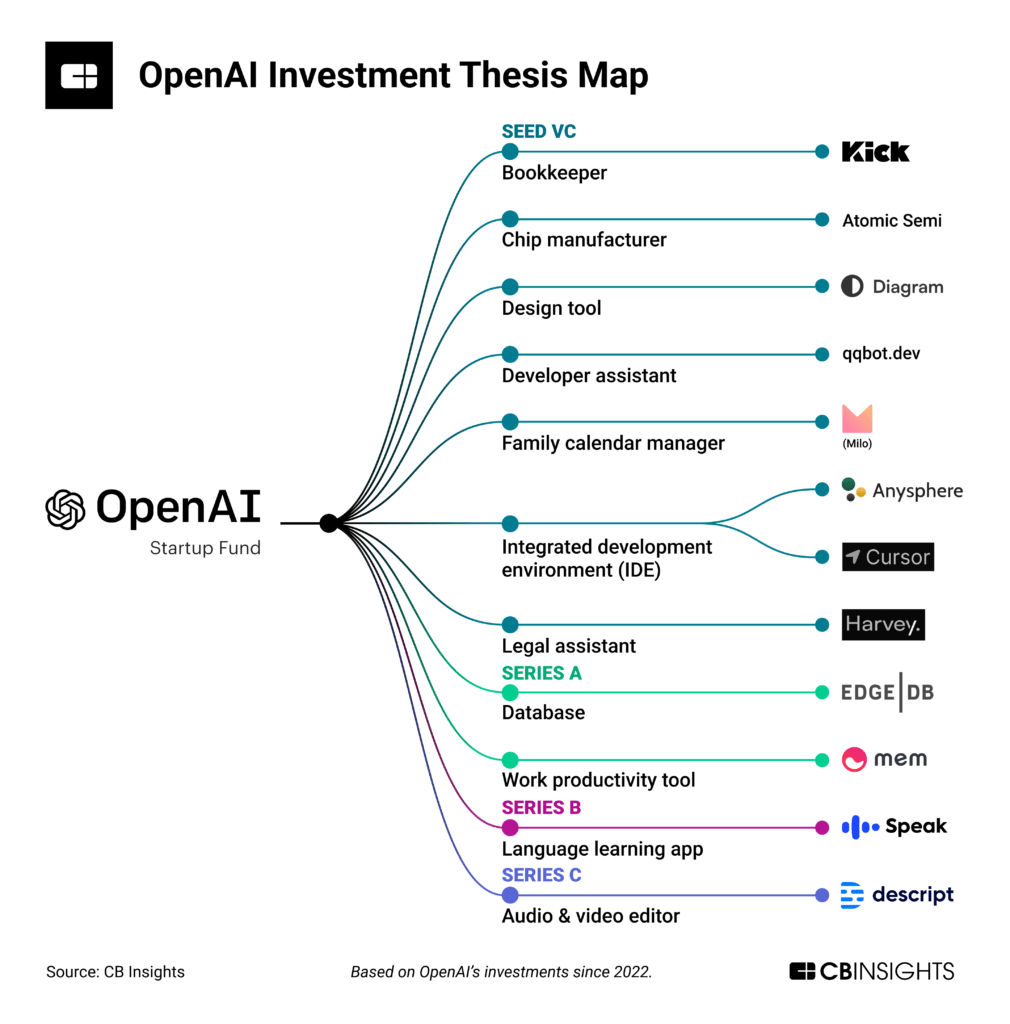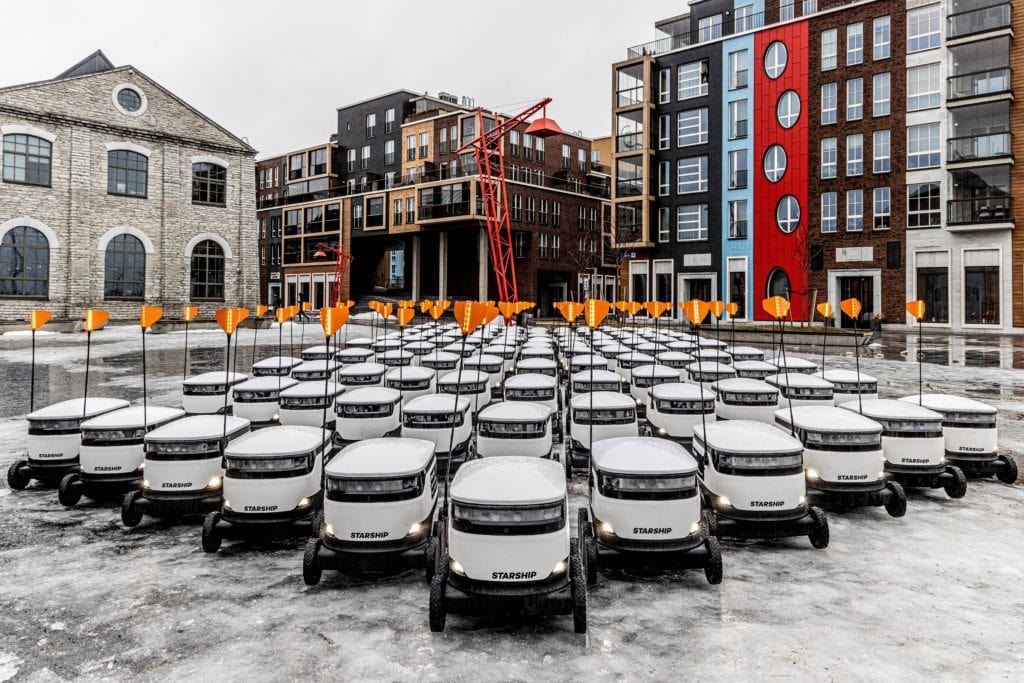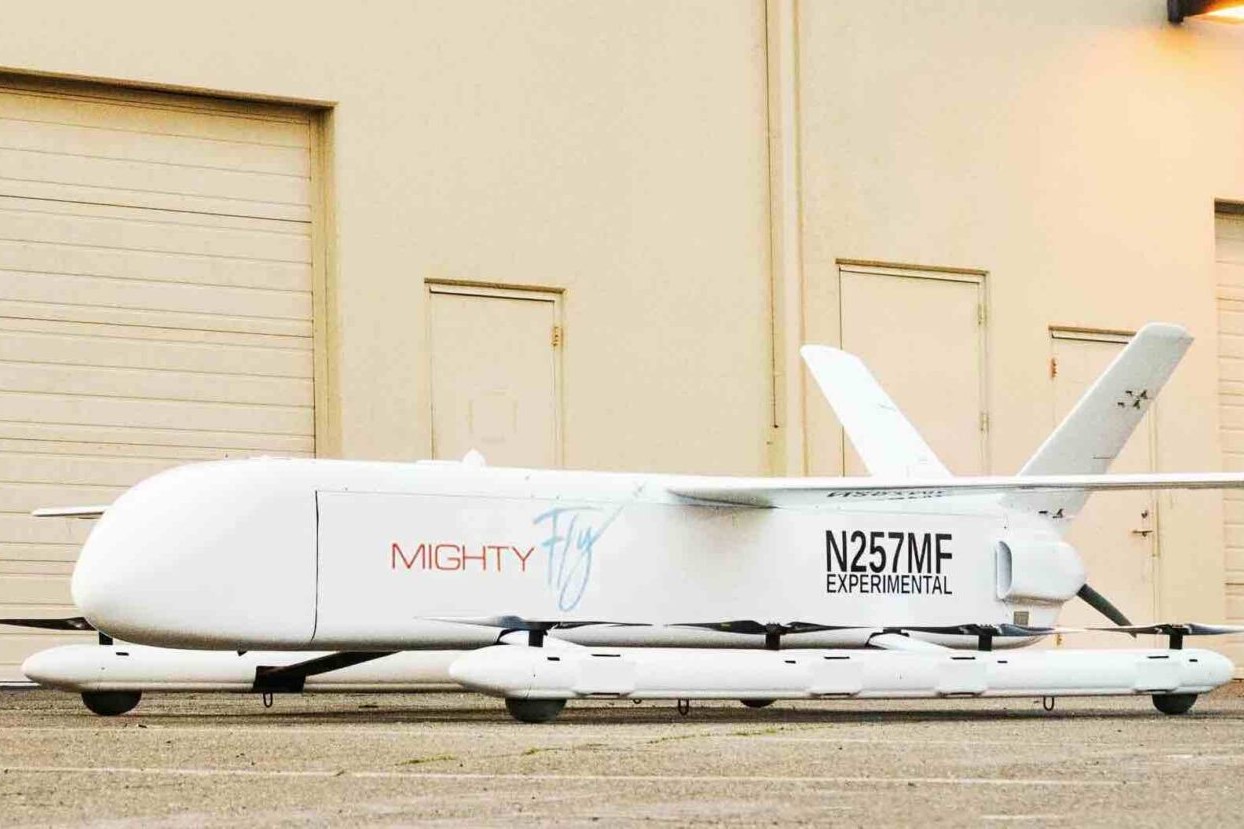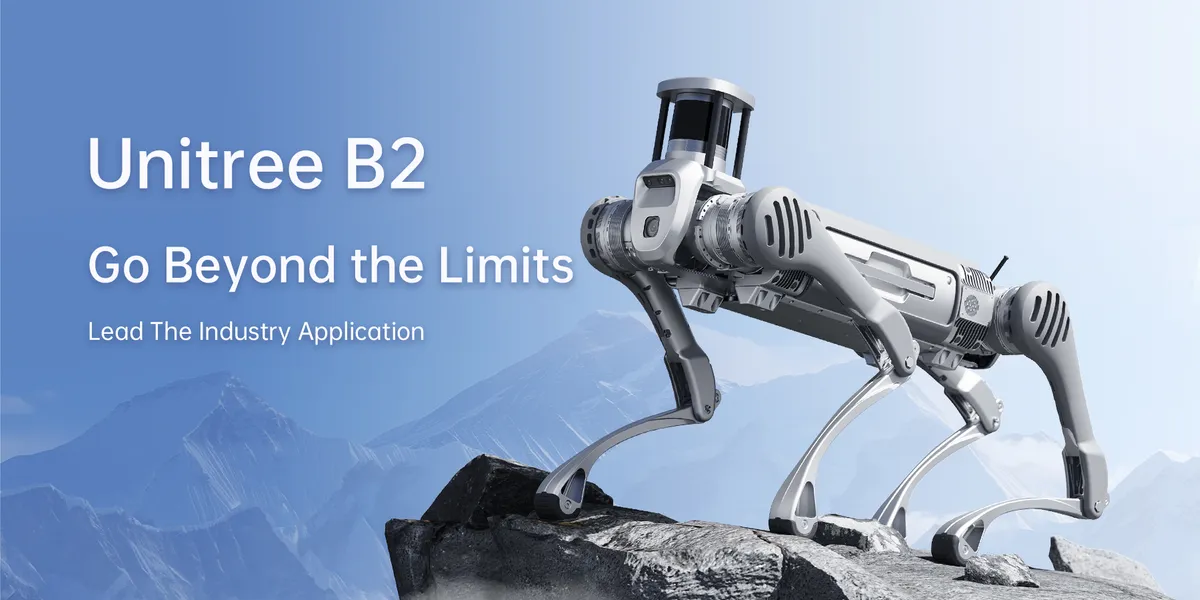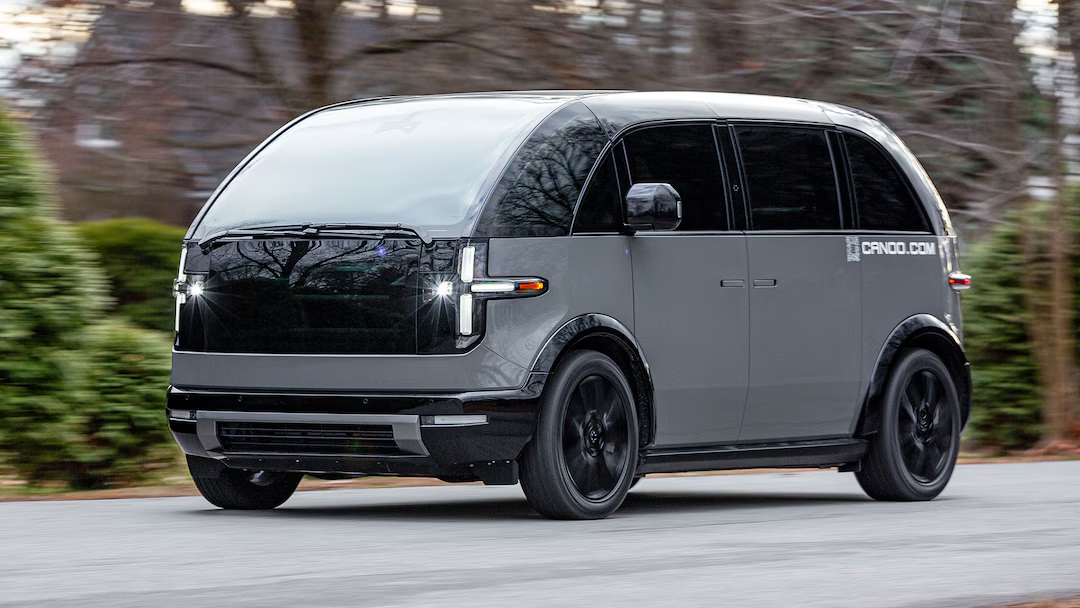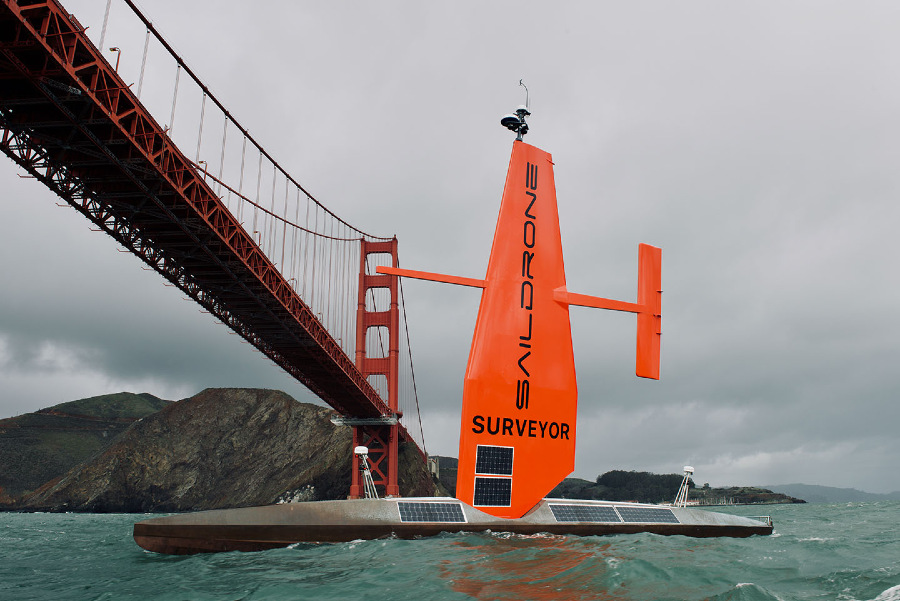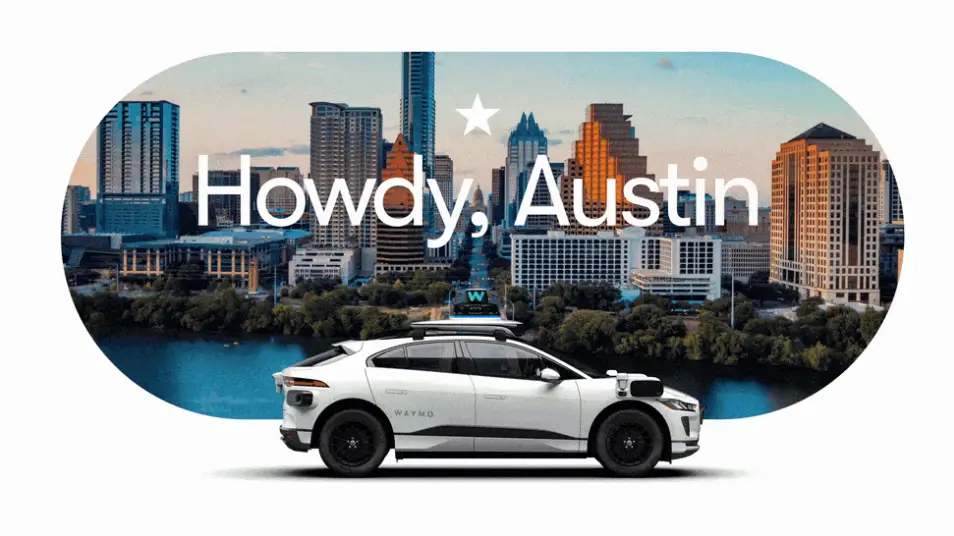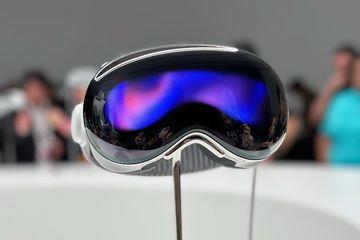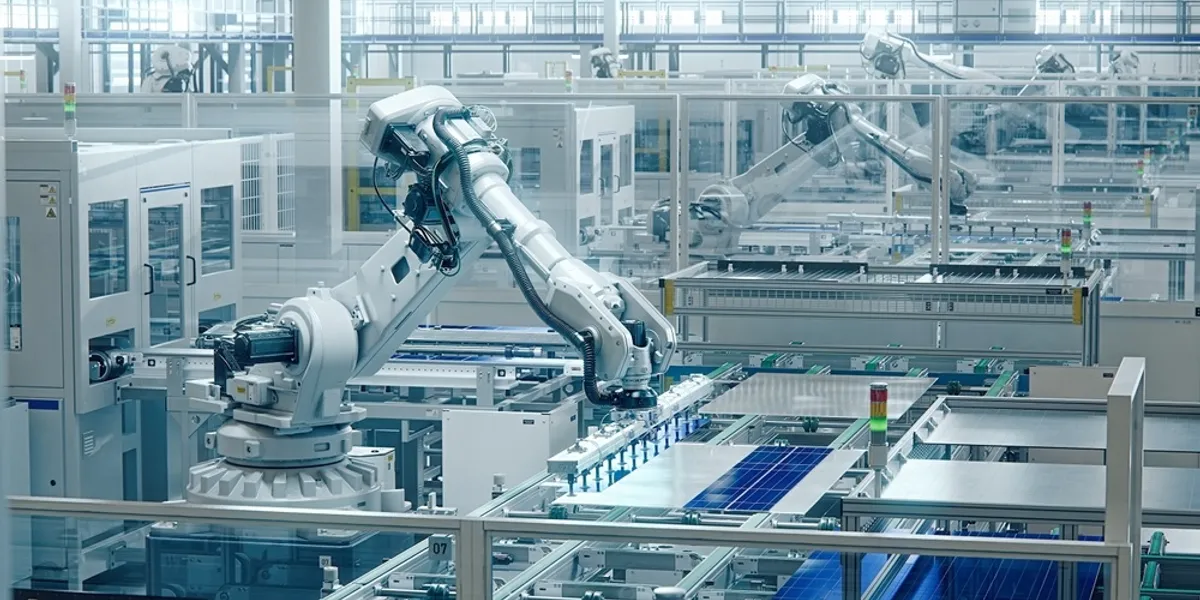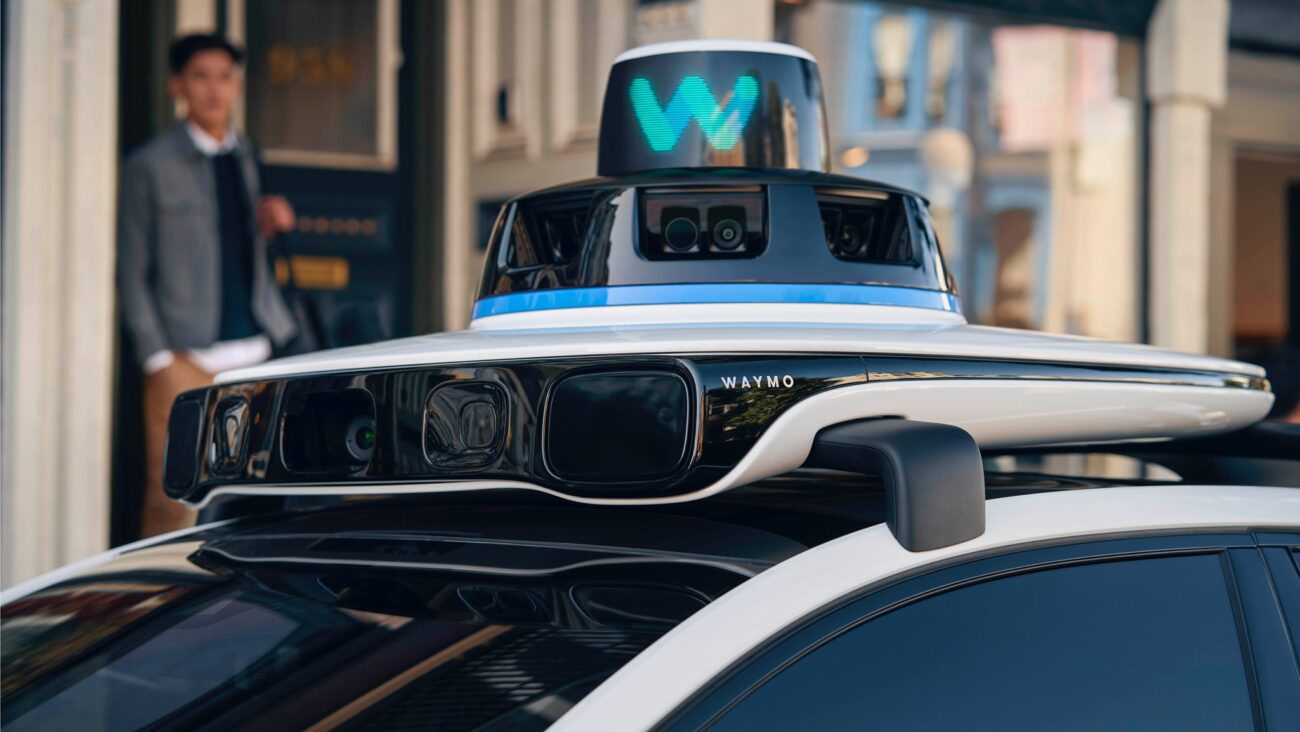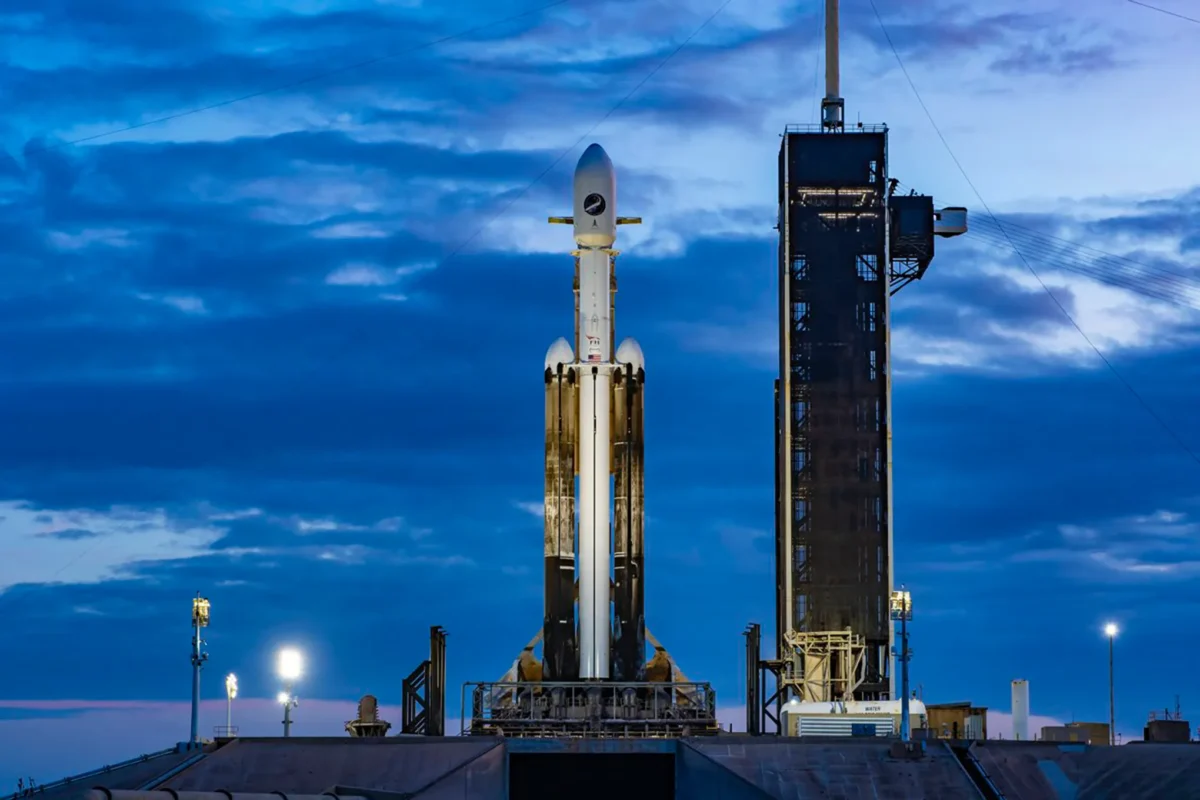Tesla is disbanding the team behind its Dojo supercomputer project, marking the end of its bid to develop custom chips for driverless technology, Bloomberg reports.
Dojo lead Peter Bannon is leaving the automaker, while remaining team members will be reassigned to other Tesla data center and compute projects. The move comes after roughly 20 former Dojo staffers departed to launch DensityAI, a soon-to-exit-stealth startup building chips, hardware, and software for AI data centers serving robotics, AI agents, and automotive uses. DensityAI was co-founded by ex-Dojo head Ganesh Venkataramanan alongside former Tesla engineers Bill Chang and Ben Floering.
The decision marks a major strategy shift for Tesla. CEO Elon Musk had long pitched Dojo — first announced at Tesla’s 2021 AI Day — as the cornerstone of the company’s AI push and its full self-driving ambitions, capable of processing “truly vast amounts of video data.” Musk last discussed Dojo on Tesla’s Q2 2024 earnings call, though public mention of the project faded after August, when he began promoting Cortex, a massive AI training supercluster under construction at Tesla’s Austin HQ.
Dojo combined supercomputer architecture with Tesla’s own chipmaking program, including the D1 chip and a planned D2 successor to address data flow bottlenecks. Initially, Tesla said these would work alongside Nvidia GPUs. But with Dojo now sidelined, Tesla is set to lean more heavily on outside partners, including Nvidia, AMD, and Samsung. Last month, Tesla signed a $16.5 billion deal with Samsung to produce its AI6 inference chips, designed to power applications ranging from full self-driving and the Optimus humanoid robot to large-scale AI training.
The wind-down follows a limited robotaxi launch in Austin this June, which used Model Y vehicles with a human in the front passenger seat and faced multiple reports of problematic driving behavior. It also comes as Tesla’s board has offered Musk a $29 billion pay package aimed at keeping his focus on the company’s AI programs amid his commitments to other ventures, including the AI startup xAI.
In 2023, Morgan Stanley predicted Dojo could add $500 billion to Tesla’s market value through robotaxi and software services. Just last year, Musk said Tesla’s AI team would “double down” on Dojo ahead of its October robotaxi reveal. Now, with Musk hinting at merging Dojo’s concepts into AI6 during Tesla’s recent earnings call, the original vision appears to have been shelved.
